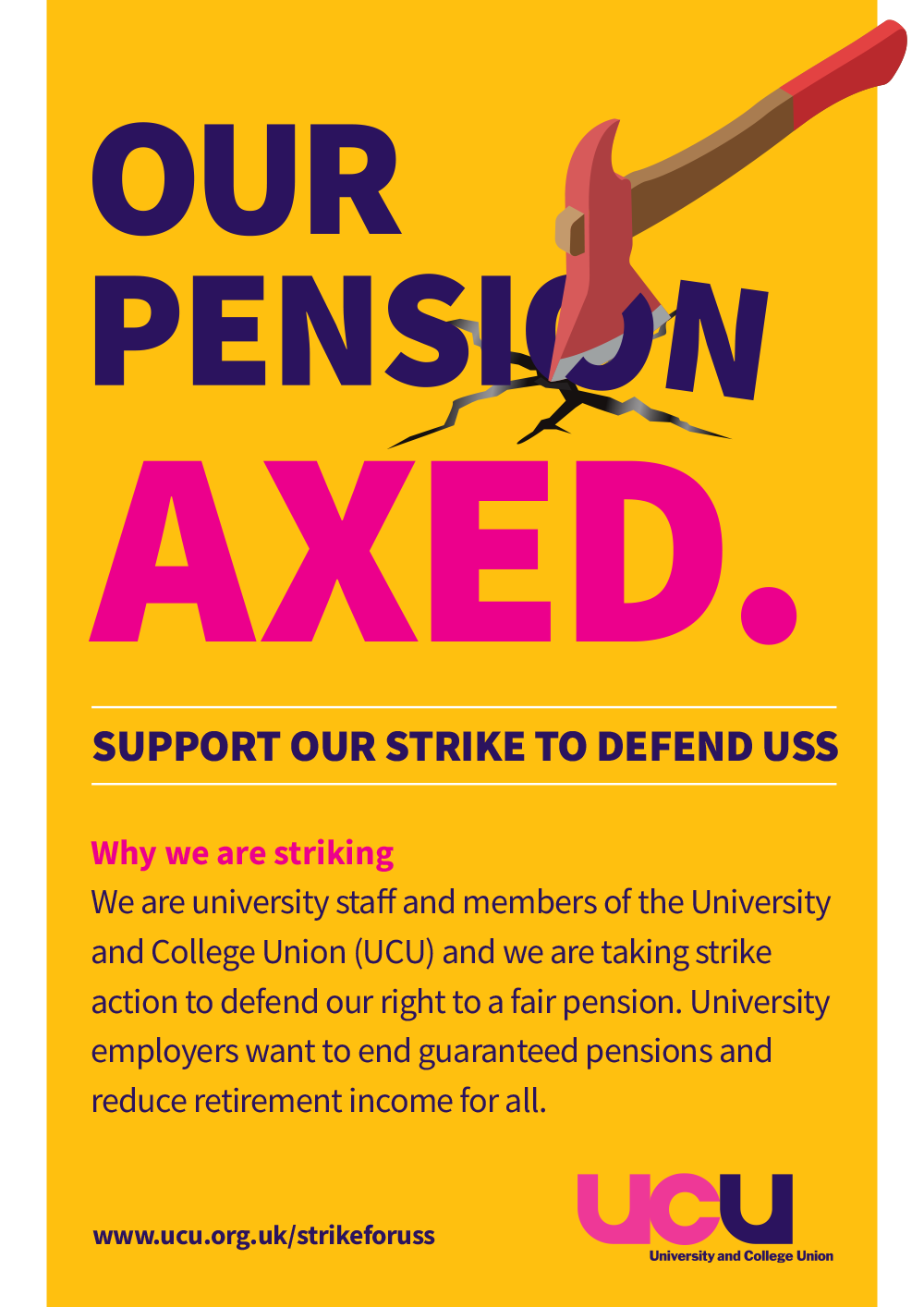I have been thinking a lot about what is necessary to ensure that universities are committed
to equality. You and your staff need to ensure that equality issues of every type are factored
into every decision made. This might sound ridiculous. But compare finance. Finance
is factored into every decision at this university, as it obviously should be.
If we don't factor equality into every decision in a similar way, then
decisions that hurt equality will inevitably result.
I have picked out seven
particularly important equality issues which your university faces. Are you prepared to address these problems?
What is the gender pay gap at your university? For example, if you are my former boss and now VC of Oxford, the headline hourly pay gap is 24.5%, i.e. women earn about 75.5p for every pound men earn. Turn it around and men earn 34.2% more than women. And this understates the problem. Women are far more likely to be part time and therefore on an annual pay basis the gap is probably much worse. For example, by my calculations at the University of St Andrews, the headline pay gap was 21% in 2017, yet the same data shows that men earned 38% more than women per year.
2. Pensions.
The gender pay gap feeds
directly into pensions disparity. I therefore invite you to state publicly
that you accept that pensions are an equality issue, as requested by the
open letter available at this link: https://platform.organise.org.uk/campaigns/open-letter-to-equality-challenge-unit
3. Casualisation and early career precarity.
The path to a stable academic career is a fraught one, and fundamental to
equality. Some good steps have been taken here, such as bridging funds for
teaching and research staff. But much more needs to be done. It is a particularly
vital equality problem because those from disadvantaged groups are less likely
to be able to surmount the obstacles the academic career structure puts in
their way.
4. Sexual Harrassment.
You will
be familiar with the Time's Up movement on sexual harassment in the movie
industry. Despite existing policies, it is extremely likely that
there are sexual harassers at work here, either who have never been
identified or those who have been identified but dealt with in what
everybody would now agree was too lenient a manner. In fact, perhaps
academia’s “Weinstein moment” is now. An article appeared in The National on this topic today, by Vonny Leclerc: “University walls must give up academia's dirty secrets”
5. Disability and Ableism.
I was recently amazed to discover just how inaccessible universities
remain in general, and how much disabled students and staff have to fight
to get even "reasonable adjustments". While not my area of
expertise, it is completely clear that the disabled community views
university culture as ableist in many ways.
6. Working hours.
I'm told that
the notional working hours of academic staff is 37.5 hours per week,
although I’m not sure if that is the correct number. As a good employer, it
is this university’s responsibility to ensure that this is not a notional
working time but a real one. What is the university going to do to ensure
that in future the contracted hours are all that staff are expected to
work? Not to act in this area puts at risk the health and careers of those
who are unable to work more than the notional amount, e.g. those with
caring responsibilities such as single parents. This could be a form of
discrimination.
7. Use of language and communications.
Do you believe that you are the kind of academic we all aspire to be, who accepts criticism perhaps grudgingly but definitely gracefully? Yes? Great. Do your staff believe you? Are they sure that criticising you, your decisions, or your senior management team (SMT) will not harm their careers? If your staff have the temerity to do something you don't want them to do, such as for example striking for better pensions, are they confident that their next promotion case will be looked on just as well as any other staff member?
I'm sure you are confident that you can give all the right answers. If you're at a USS institution, there's a very good chance your staff disagree with you, especially if your university told UUK that your staff don't deserve good pensions, or that staff who took ASOS deserved anything down to zero pay. Why not find out - commission an independent staff survey to find out what they think of you and your communications with them? Then - if the results are not what you hope for - make sure that you completely reform the way you and your SMT communicate with staff.
Ian Gent
Monday 16th
April 2018
-
